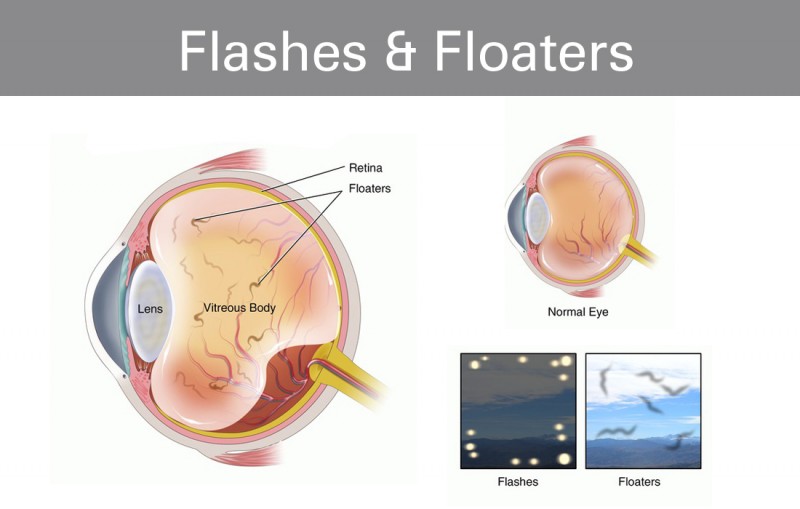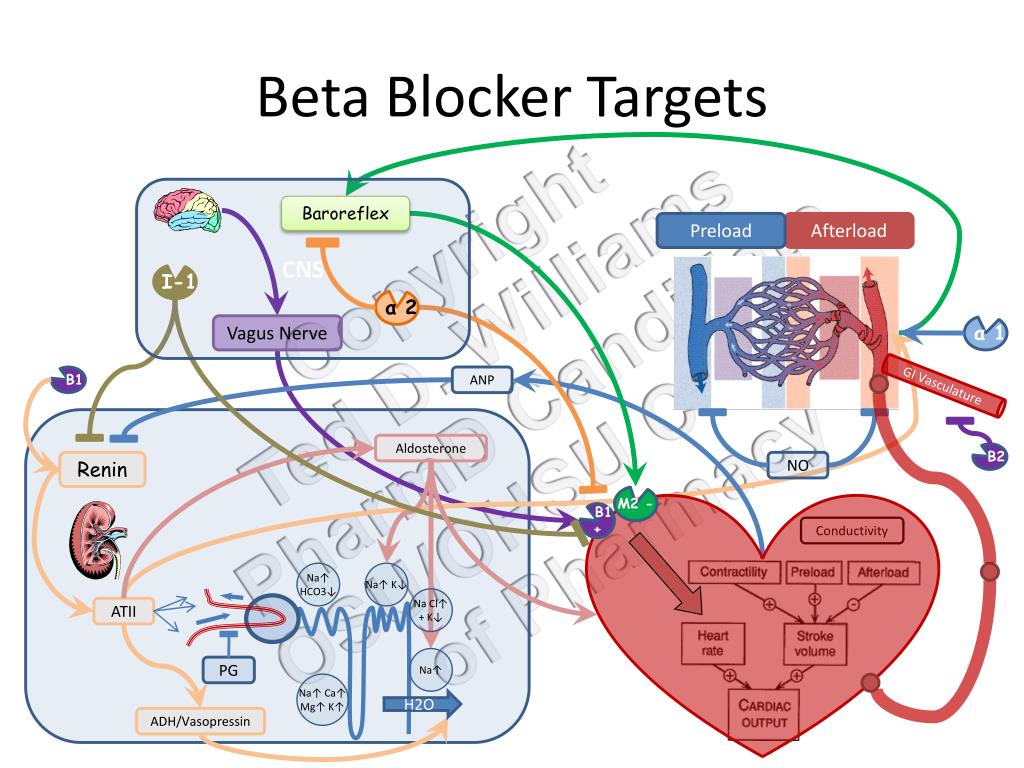Reversing Aging with The Experiment of Son's Blood in Father's Veins

The Quest for Eternal Youth
In an extraordinary endeavor, Bryan Johnson, a multimillionaire tech founder, has embarked on a mission to reverse his aging process. This audacious pursuit has led him to experiment with unconventional techniques, pushing the boundaries of medical science.
Unconventional Methods
Johnson's quest for eternal youth has led him to explore innovative and unorthodox methods. Among these, he has been experimenting with blood transfusions from younger individuals, with the aim of rejuvenating his body and mind.
Blood Ties
In a remarkable and intimate twist, Johnson has been transfused with blood from his own 17-year-old son. This extraordinary experiment raises profound questions about the potential for familial bonds to transcend generations and redefine the human experience.
Theories and Speculations
While the scientific community remains skeptical, Johnson's experiment sparks intriguing theories and speculations. Could the transfusion of younger blood hold the key to unlocking the secrets of aging and rejuvenation? Or is this merely a testament to the boundless enthusiasm of a visionary entrepreneur?
Implications and Future Directions
As Johnson continues his unconventional journey, the implications of his experiments remain far-reaching and uncertain. Will his quest for eternal youth pave the way for groundbreaking medical breakthroughs, or will it remain a fascinating footnote in the annals of human innovation?
The Trigenerational Blood Transfusion
Johnson's latest experiment involves a trigenerational blood transfusion, where his son's blood is injected into his own body. This unconventional approach aims to harness the regenerative properties of younger blood to repair cellular damage and rejuvenate his own blood.
Understanding the Science Behind Trigenerational Blood Transfusion
As we age, our cells undergo natural damage, leading to a decline in physical and mental health. The trigenerational blood transfusion experiment seeks to reverse this process by introducing younger, healthier blood into the body. Theoretically, this could lead to cellular repair, improved circulation, and enhanced overall well-being.
Potential Benefits and Risks
While the concept of trigenerational blood transfusion holds promise, it's crucial to acknowledge the potential risks involved. Johnson's experiment may lead to:
- Cellular rejuvenation and improved health markers
- Enhanced cognitive function and focus
- Increased energy levels and vitality
- Potential risks of blood incompatibility and adverse reactions
- Unknown long-term consequences of this unconventional treatment
As Johnson embarks on this uncharted journey, the scientific community watches with bated breath, eager to witness the outcomes and potential implications of this groundbreaking experiment.
The Science Behind the Experiment
Understanding the Concept
The concept of reversing time by transfusing a son's blood into his father's veins is based on the idea that younger blood contains more vibrant and healthy cells, which can help reverse the effects of aging. This idea is rooted in the understanding that as we age, our cells undergo a range of changes that can affect their function and overall health.
Younger blood, on the other hand, is believed to contain more stem cells, platelets, and other growth factors that can help to repair and regenerate damaged cells. By transfusing this "younger" blood into an older individual, the idea is that these healthy cells can help to revitalize and rejuvenate the body, potentially reversing some of the effects of aging.
Skeptical Scientific Community
However, the scientific community remains skeptical about the effectiveness and safety of such experiments. While the idea of using younger blood to reverse aging may seem promising, there is currently limited scientific evidence to support its use as a therapeutic intervention.
Many experts argue that the effects of aging are complex and multifaceted, and cannot be reversed by simply transfusing younger blood. Additionally, there are concerns about the potential risks associated with blood transfusions, including the risk of immune reactions, infections, and other complications.
Furthermore, some scientists have raised ethical concerns about the use of this type of experiment, particularly if it involves the use of vulnerable populations, such as the elderly or those with serious medical conditions. There are also concerns about the potential for unscrupulous individuals to exploit vulnerable individuals with false promises of rejuvenation and anti-aging benefits.
Current Research and Future Directions
Despite the skepticism surrounding this experiment, researchers are continuing to explore the potential benefits of using younger blood to improve health outcomes. Some studies have investigated the use of plasma from young donors to improve cognitive function in older adults, while others have explored the potential of stem cells to repair damaged tissues.
However, these studies are still in their early stages, and much more research is needed to fully understand the potential benefits and risks of using younger blood as a therapeutic intervention. Additionally, any potential treatments or therapies developed from this research will need to undergo rigorous testing and evaluation to ensure their safety and efficacy.
A Family Affair
In a remarkable turn of events, the experiment involving the transfusion of a son's blood into his father's veins has taken an extraordinary turn. Johnson's 70-year-old father, Richard, has also become an integral part of this unconventional study, receiving blood transusions from not one but two familial sources - his son and grandson.
The Unprecedented Involvement
This unexpected development has raised eyebrows and sparked intense debate within the scientific community. The family's involvement in the experiment has led to questions about the motivations behind this unprecedented endeavor.
Ethical Concerns and Familial Bonds
As the experiment continues to push the boundaries of medical science, it also brings to the forefront the complex dynamics of family relationships. The fact that three generations of the same family are involved in this experiment has led to concerns about the ethical implications of such a closely-knit participation.
Unraveling the Motivations
While some may view this experiment as a testament to the strength of familial bonds, others are left wondering about the driving forces behind such an unconventional decision. Is it purely altruistic, or are there other factors at play? As the scientific community continues to observe and learn from this experiment, one thing is certain - the Johnson family's involvement has added a complex layer to the narrative, challenging our understanding of the ethics of medical experimentation.
The Controversy Surrounding the Experiment
Critics Weigh In
Critics argue that the experiment is unproven, risky, and potentially harmful. The unconventional method of transfusing son's blood into father's veins has raised eyebrows in the medical community, with many experts questioning its safety and efficacy.
The Quest for Eternal Youth
Johnson's actions have sparked debate about the lengths people will go to achieve eternal youth. Some have praised his innovative approach, while others have condemned it as a reckless pursuit of a fountain of youth.
Ethical Concerns
Moreover, the experiment has raised ethical concerns about the potential exploitation of vulnerable individuals seeking eternal youth. As the debate rages on, one thing is certain - the experiment has ignited a firestorm of controversy that will continue to be felt in the scientific community.
The Future of Anti-Aging Research
Unconventional Experimentation and the Pursuit of Eternal Youth
While Johnson's experiment of injecting his son's blood into his own veins may seem unconventional, it highlights the growing interest in anti-aging research. This unorthodox approach has sparked debate and curiosity, but it also underscores the desire to understand and combat the aging process.
Mainstream Anti-Aging Research: A More Cautious Approach
Scientists are exploring more conventional methods to understand and address the aging process. These approaches include studying the genetic and molecular mechanisms that contribute to aging, as well as investigating potential therapeutic interventions.
Advances in Anti-Aging Research: Promising Areas of Study
Some promising areas of study in anti-aging research include:
- Senolytic therapy: targeting and removing senescent cells that contribute to aging
- Stem cell therapy: harnessing the regenerative potential of stem cells
- Epigenetic reprogramming: reversing age-related changes in gene expression
The Potential Impact of Anti-Aging Research
The potential impact of anti-aging research is vast, with possibilities ranging from improving healthspan and increasing lifespan to enhancing cognitive function and reducing age-related diseases.
Conclusion
While Johnson's experiment may be unorthodox, it underscores the growing interest in anti-aging research. As scientists continue to explore conventional and innovative approaches, we may uncover new ways to reverse or halt the aging process, leading to a future where aging is no longer a limiting factor.















Comments ()